Germany to send warships to Indo-Pacific as tensions with China escalate
Germany says it is planning to send more warships to the Indo-Pacific, joining other Western nations in expanding its military presence in the region, as tensions continue to escalate following China’s recent drills around Chinese Taipei.
German General Eberhard Zorn said on Wednesday that the Bundeswehr will join military exercises with its allies as it keeps an eye on the “enormous” build-up of China’s armed forces around the self-ruled island.
Asked whether Germany might send a warship sailing through the Taiwan Strait as has the United States, Zorn said it was a sensitive matter decided upon at the highest political level.
"We do not want to provoke anyone with our presence but rather send a strong sign of solidarity with our allies," he said. "We stand for the freedom of navigation and the safeguarding of international norms."
Zorn further noted that the German military will also send troops to Australia for military exercises next year in an effort to "consolidate our presence in the region."
He added that the navy would also send a fleet of several more ships to the region in 2024.
Berlin sent its first warship in almost 20 years to the disputed waters of the South China Sea last year. This month, it also sent 13 military aircraft to joint exercises in Australia.
Tensions are running high in the Indo-Pacific region particularly after China launched a series of drills around Taiwan, with Beijing saying the exercises were countermeasures in the face of provocations by the United States and its allies in the self-governed island.
The drills have triggered outrage in the US and some other countries in the West.
China has long considered Taipei as part of its sovereign territory and has publicly stated that it may take it by force one day, if propitious.
China has sovereignty over Taipei, and under the internationally-recognized “one-China” policy, nearly all countries recognize that sovereignty, meaning that they would not establish diplomatic contact with its secessionist government.
The US, too, professes adherence to the principle, but in violation of its own stated policy and in an attempt to irritate Beijing, Washington courts the secessionist government in Taipei, supports its anti-China stance, and supplies it with massive amounts of armaments.
The US Navy also regularly sends its warships through the strait in what it calls freedom of navigation operations, including recent voyages by the guided missile destroyers USS Benfold and USS Port Royal.
The latest transit by the US Navy comes following House Speaker Nancy Pelosi's widely criticized visit to the self-ruled island in early August, where she met with its president in what had been meant to be an affront to Beijing.
China reacted by asserting its sovereignty and holding military drills around Chinese Taipei for several days.
Magnetic revolution: Iran’s nano-solutions driving cleaner and greener oil industry
Deadly clashes erupt in Syria’s Aleppo as US-backed SDF forces defy HTS rule
FM Araghchi: Iran’s internal affairs solely matter of its people
Iran army chief: Enemy threats will not go unanswered
Iran: Israeli FM’s visit to Somaliland a ‘dangerous precedent’
Rome protests Maduro abduction by US
Leader of Yemen’s separatists flees ahead of talks in Saudi Arabia
Venezuela to deliver 30-50 million barrels of oil to US: Trump



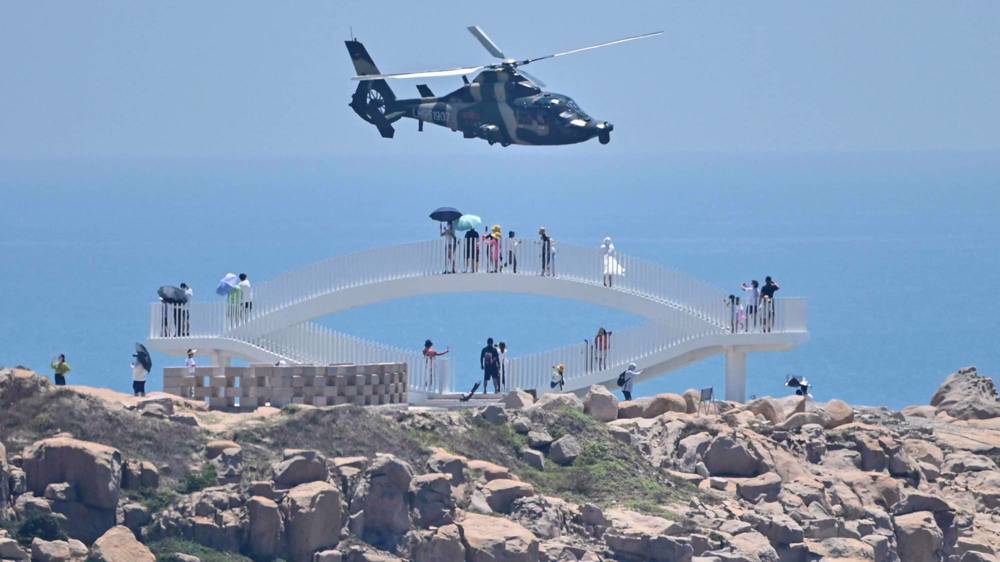
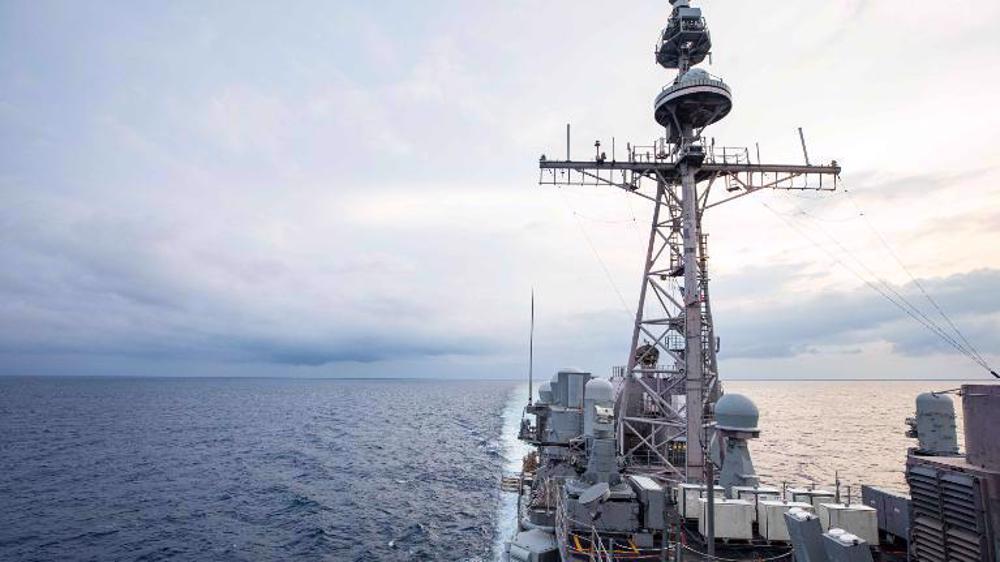
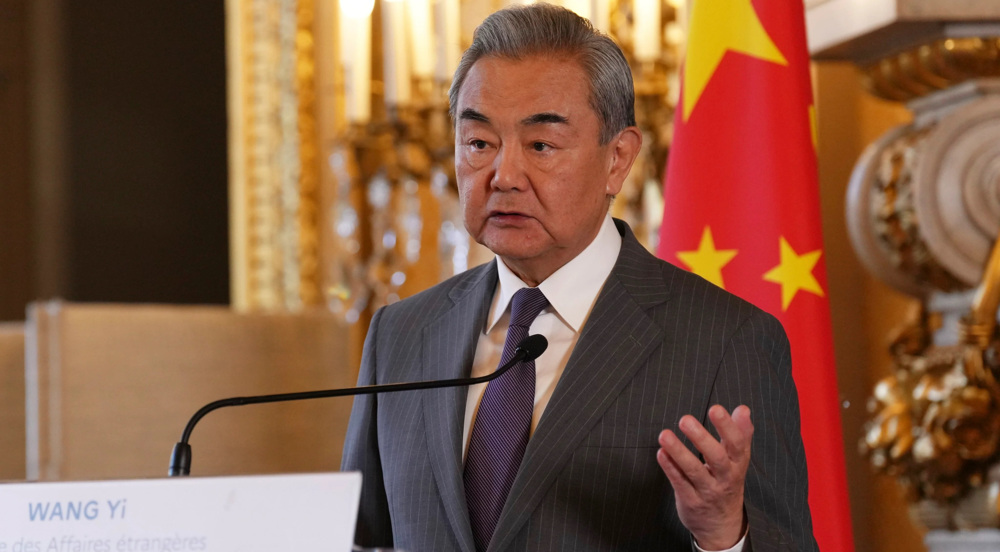

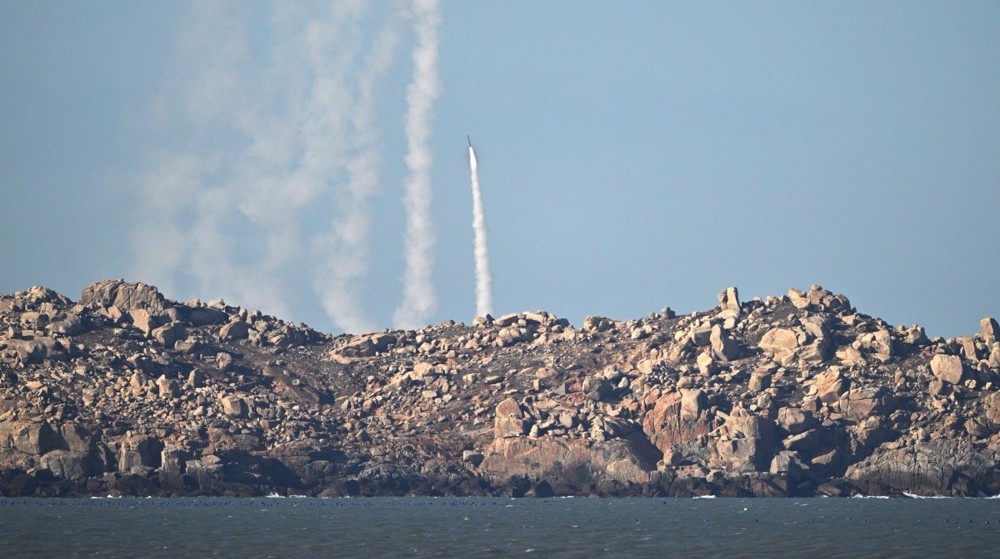



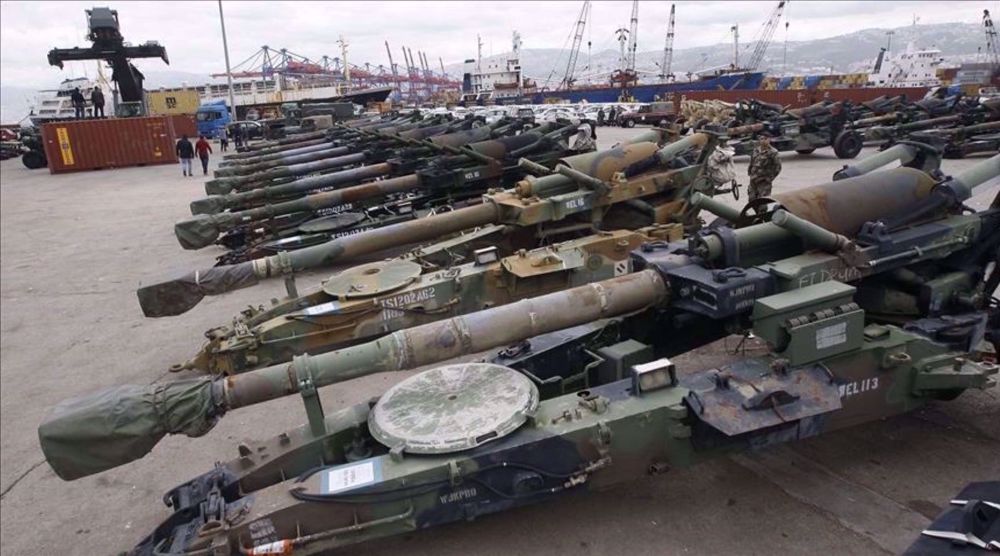


 This makes it easy to access the Press TV website
This makes it easy to access the Press TV website